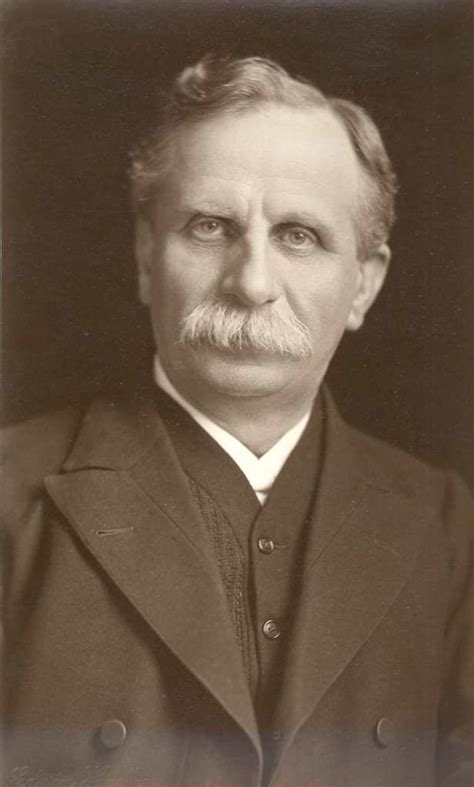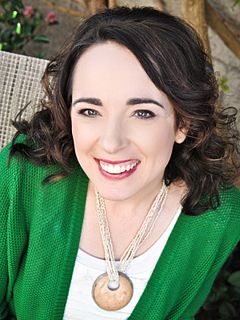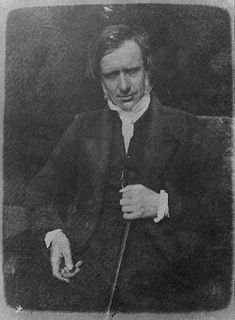A Quote by Thomas S. Monson
We learn to pray by praying. One can devote countless hours to examining the experiences of others, but nothing penetrates the human heart as does a personal fervent prayer and its heaven sent response.
Related Quotes
There is no way of learning to pray but by praying. No reasoned philosophy of prayer ever taught a soul to pray. We know not what we should pray for as we ought, and if prayer waits for understanding it will never begin. We discover by using. We learn by practice. Though a man should have all knowledge about prayer, and though he should understand all mysteries about prayer, unless he prays he will never learn to pray.
If you don't pray often, you won't gain a love for praying. Prayer is work, and therefore it is not very appealing to our natural sensibilities. But the simple rule for prayer is this: Begin praying and your taste for prayer will increase. The more you pray, the more you will acquire the desire for prayer, the energy for prayer, and the sense of purpose in prayer.
Praying gives sense, brings wisdom, broadens and strengthens the mind. The closet is a perfect school-teacher and schoolhouse for the preacher. Thought is not only brightened and clarified in prayer, but thought is born in prayer. We can learn more in an hour praying, when praying indeed, than from many hours in the study.
Everything starts with prayer. Love to pray-feel the need to pray often during the day and take the trouble to pray. If you want to pray better, you must pray more. The more you pray, the easier it becomes. Perfect prayer does not consist of many words but in the fervor of the desire which raises the heart to Jesus.
One form of prayer moves us particularly to take up the task of evangelization and to seek the good of others: it is the prayer of intercession. Let us peer for a moment into the heart of Saint Paul, to see what his prayer was like. It was full of people: "...I constantly pray with you in every one of my prayers for all of you... because I hold you in my heart" (Phil 1:4, 7). Here we see that intercessory prayer does not divert us from true contemplation, since authentic contemplation always has a place for others.
So when Jesus directs us to pray, “Thy kingdom come,” he does not mean we should pray for it to come into existence. Rather, we pray for it to take over at all points in the personal, social, and political order where it is now excluded: “On earth as it is in heaven.” With this prayer we are invoking it, as in faith we are acting it, into the real world of our daily existence
Prayer is a salve for every sore, a remedy for every malady; and when we are afflicted with thorns in the flesh, we should give ourselves to prayer. If an answer be not given to the first prayer, nor to the second, we are to continue praying. Troubles are sent to teach us to pray; and are continued, to teach us to continue instant in prayer.
We hear in these days of scientific enlightenment a great deal of discussion about the efficacy of Prayer. Many reasons are given why we should not pray. Others give reasons why we should pray. Very little is said of the reason we do pray. The reason is simple: We pray because we cannot help praying.




































